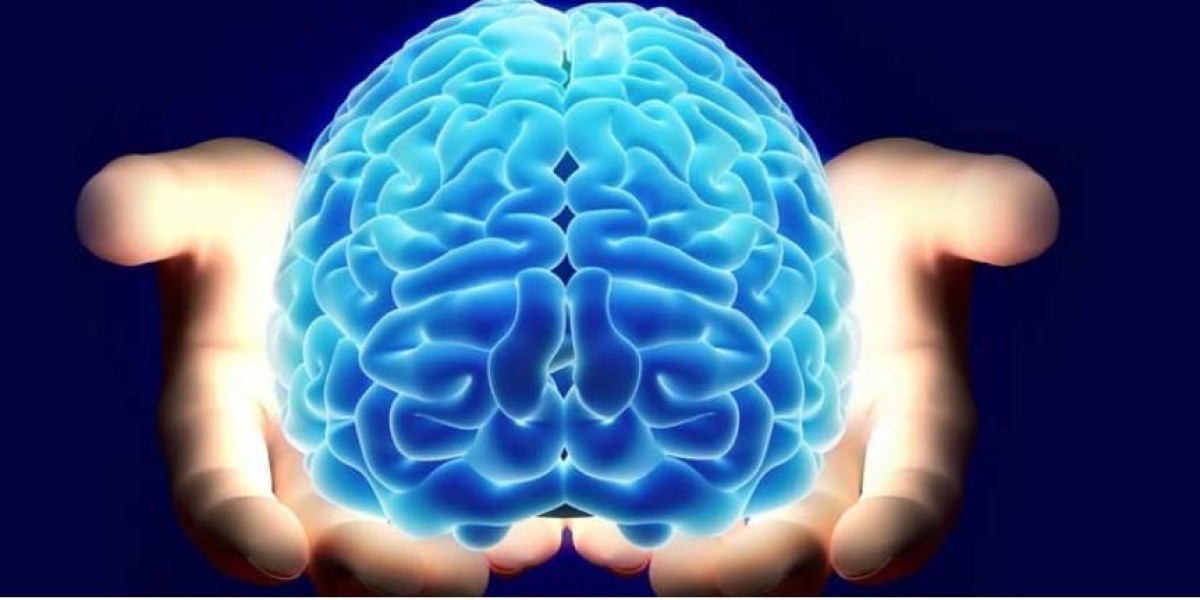Neuropathy, commonly referred to as peripheral neuropathy, is a condition that affects the peripheral nerves, which transmit signals between the central nervous system and the rest of the body. These nerves are responsible for carrying sensory information, controlling muscle movement, and regulating automatic functions like blood pressure and digestion. When these nerves become damaged, a person may experience pain, weakness, and loss of sensation, especially in the hands and feet. This article explores neuropathy in detail, from its symptoms to potential causes and the most effective treatment strategies.
What is Neuropathy?
Neuropathy is a broad term that encompasses various conditions resulting from nerve damage. It can affect one or more peripheral nerves and lead to a variety of symptoms depending on the type of nerve involved. There are three types of peripheral nerves in the body: sensory, motor, and autonomic. Each of these plays a crucial role in bodily functions.
- Sensory nerves control sensations like touch, temperature, and pain.
- Motor nerves regulate muscle movements.
- Autonomic nerves manage involuntary functions such as breathing, heartbeat, and digestion.
Damage to these nerves can result in neuropathy, which may cause numbness, tingling, muscle weakness, and abnormal sensations. If left untreated, neuropathy can lead to more serious complications, including chronic pain and loss of mobility.
Common Symptoms of Neuropathy
The symptoms of neuropathy vary based on the nerves affected and the severity of the damage. Some of the most common symptoms include:
- Numbness or tingling in the hands, feet, or other parts of the body.
- Burning or sharp pain, especially at night.
- Muscle weakness or paralysis.
- Loss of coordination and difficulty walking.
- Sensitivity to touch—even light pressure can cause discomfort.
- Abnormal blood pressure or heart rate due to autonomic nerve involvement.
In severe cases, individuals with neuropathy may experience loss of bladder or bowel control, muscle atrophy, or difficulty breathing.
What Causes Neuropathy?
There are numerous potential causes of neuropathy, and pinpointing the exact cause can be challenging. However, some common factors contributing to nerve damage include:
Diabetes
One of the leading causes of neuropathy is diabetic neuropathy, which results from high blood sugar levels that damage nerves over time. This type of neuropathy is particularly prevalent in individuals who have had diabetes for many years.
Trauma or Injury
Physical injuries or trauma, such as fractures or pressure on nerves from a herniated disc, can cause nerve damage leading to neuropathy. Repetitive stress injuries, like those sustained from activities such as typing or construction work, can also lead to neuropathy.
Infections and Autoimmune Diseases
Certain viral and bacterial infections, like shingles, HIV, and Lyme disease, can attack peripheral nerves. Autoimmune diseases such as rheumatoid arthritis and lupus may also result in nerve inflammation and damage.
Exposure to Toxins
Toxins from alcohol, heavy metals, or certain medications (such as chemotherapy drugs) can harm the peripheral nerves. Prolonged exposure to these substances often results in chronic neuropathy.
Vitamin Deficiencies
Lack of essential vitamins, particularly B vitamins, can impair nerve function. B12 deficiency, in particular, is a common cause of peripheral neuropathy, especially in older adults or those with dietary restrictions.
Inherited Disorders
Some types of neuropathy, like Charcot-Marie-Tooth disease, are inherited genetic disorders that affect peripheral nerves. These conditions are typically chronic and progressive.
Diagnosis of Neuropathy
To diagnose neuropathy, medical professionals rely on a combination of patient history, physical exams, and diagnostic tests. Common methods include:
- Nerve Conduction Studies (NCS) to measure the speed of electrical signals through nerves.
- Electromyography (EMG) to evaluate muscle activity and detect nerve dysfunction.
- Blood tests to identify underlying conditions such as diabetes or vitamin deficiencies.
- Imaging tests, such as MRI or CT scans, to visualize structural issues or nerve compression.
A comprehensive examination is vital for accurately diagnosing the type and cause of neuropathy.
Treatment Options for Neuropathy
Treatment for neuropathy depends on the underlying cause and the extent of nerve damage. While nerve damage is often irreversible, certain treatments can help manage symptoms and improve quality of life.
Medications
- Pain relievers such as over-the-counter NSAIDs (e.g., ibuprofen) or prescription medications may be used to reduce discomfort.
- Antidepressants and anticonvulsants can help manage nerve pain by altering the way the brain interprets pain signals.
- For diabetic neuropathy, strict blood sugar control is crucial to preventing further nerve damage.
Physical Therapy
In cases of muscle weakness or loss of coordination, physical therapy can help improve strength, balance, and mobility. Exercises tailored to individual needs can enhance daily functioning and reduce the risk of falls.
Lifestyle Changes
Adopting healthy lifestyle habits can have a significant impact on neuropathy symptoms. For example, quitting smoking, reducing alcohol consumption, and maintaining a balanced diet rich in vitamins can support nerve health. For individuals with diabetic neuropathy, maintaining optimal blood glucose levels is critical.
Surgical Intervention
Surgery may be necessary if neuropathy is caused by nerve compression, such as in carpal tunnel syndrome. By relieving pressure on the nerve, surgery can alleviate pain and prevent further nerve damage.
Alternative Therapies
Alternative treatments, such as acupuncture, massage, or the use of topical creams containing capsaicin, may offer additional relief for neuropathy symptoms. These therapies are often used in conjunction with traditional treatments for a more holistic approach.
Preventing Neuropathy
While some forms of neuropathy, such as those caused by genetic factors, cannot be prevented, there are several steps individuals can take to reduce their risk:
- Control blood sugar levels to prevent diabetic neuropathy.
- Avoid excessive alcohol consumption and exposure to toxins.
- Eat a balanced diet rich in essential nutrients, particularly B vitamins.
- Exercise regularly to maintain muscle strength and improve circulation.
- Protect yourself from injuries by wearing protective gear during physical activities.
Conclusion
Neuropathy can be a life-altering condition, but with proper management and treatment, individuals can reduce symptoms and maintain a high quality of life. Whether caused by diabetes, trauma, or another underlying condition, addressing the root cause is essential for preventing further nerve damage. Early intervention, combined with a multidisciplinary treatment approach, offers the best chance for controlling neuropathy symptoms.








